Navigating The World Of Makeup Artistry: A Comprehensive Guide To Course Fees And Considerations
Navigating the World of Makeup Artistry: A Comprehensive Guide to Course Fees and Considerations
Related Articles: Navigating the World of Makeup Artistry: A Comprehensive Guide to Course Fees and Considerations
Introduction
With great pleasure, we will explore the intriguing topic related to Navigating the World of Makeup Artistry: A Comprehensive Guide to Course Fees and Considerations. Let’s weave interesting information and offer fresh perspectives to the readers.
Table of Content
Navigating the World of Makeup Artistry: A Comprehensive Guide to Course Fees and Considerations
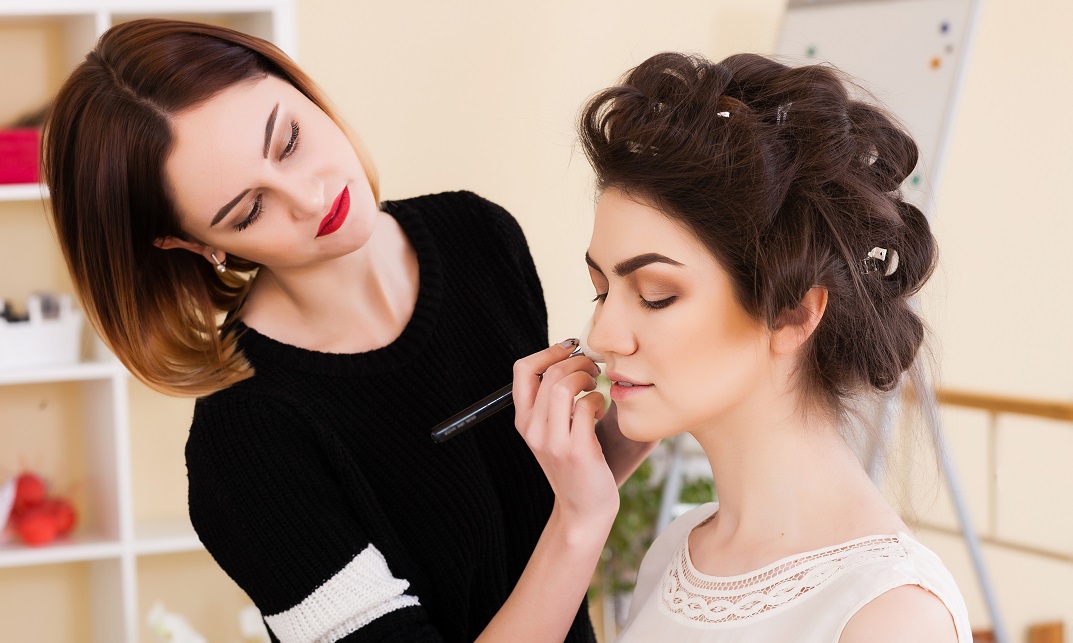
The allure of the beauty industry, with its creative freedom and potential for lucrative careers, draws many individuals towards the profession of makeup artistry. However, the path to becoming a successful makeup artist often begins with a well-structured course. Understanding the cost of these courses and the factors that influence them is crucial for aspiring makeup artists.
Factors Influencing Makeup Artist Course Fees:
Several key elements determine the cost of a makeup artist course, providing a framework for understanding the price variations:
- Course Duration and Intensity: Longer and more intensive courses, encompassing a broader range of techniques and skills, naturally command higher fees.
- Course Curriculum and Content: The depth and breadth of the curriculum, covering areas like bridal makeup, special effects, and advanced techniques, influence pricing.
- Instructor Expertise and Reputation: Renowned makeup artists and industry professionals with extensive experience often charge higher fees for their courses.
- Location and Facility: Courses held in urban centers or prestigious institutions may have higher fees due to location costs and infrastructure.
- Course Materials and Supplies: The inclusion of high-quality makeup products, tools, and equipment in the course fee can significantly impact the overall cost.
- Accreditation and Certification: Accredited courses or those offering recognized certifications may have higher fees due to the added value of these credentials.
- Individual vs. Group Classes: Smaller, personalized classes often have higher fees compared to group classes, reflecting the individual attention provided.
Understanding the Value of Investment:
While the cost of a makeup artist course might seem substantial, it’s essential to view it as an investment in your future career. The skills acquired through a reputable course can open doors to various opportunities:
- Freelance Makeup Artistry: Build a client base and work independently, setting your own rates and schedules.
- Salon or Spa Employment: Secure positions as makeup artists in salons, spas, or beauty boutiques.
- Film, Television, and Theatre: Pursue a career in the entertainment industry, working on sets and productions.
- Brand Partnerships: Collaborate with beauty brands as a makeup artist, creating content and promoting products.
- Teaching and Training: Share your knowledge and expertise by becoming a makeup artist instructor or trainer.
Finding Affordable Makeup Artist Courses:
While quality courses come with a price tag, several strategies can help you find affordable options:
- Explore Online Courses: Online platforms offer flexible and cost-effective makeup artist courses, often with self-paced learning options.
- Local Community Colleges and Vocational Schools: These institutions often provide affordable makeup artistry programs.
- Government Grants and Financial Aid: Investigate potential grants and financial aid options for vocational training.
- Look for Discounts and Promotions: Many makeup schools offer discounts for early registration, group bookings, or referrals.
- Consider Part-Time or Evening Classes: These options can help manage costs by spreading the payments over a longer period.
Essential Considerations Before Enrolling:
Before committing to a makeup artist course, consider the following:
- Your Career Goals: Align the course curriculum with your aspirations and the specific skills you need to achieve your goals.
- Instructor Experience and Credentials: Research the instructor’s background, experience, and qualifications to ensure they provide high-quality instruction.
- Student Reviews and Testimonials: Read online reviews and testimonials from past students to get insights into the course quality and instructor’s teaching style.
- Course Materials and Equipment: Understand the cost of any required materials and equipment and whether they are included in the course fee.
- Accreditation and Certification: Check if the course is accredited or offers recognized certifications, adding value to your credentials.
Frequently Asked Questions (FAQs) About Makeup Artist Course Fees:
Q: Are makeup artist courses worth the investment?
A: Yes, a well-structured makeup artist course can be a valuable investment, equipping you with the skills and knowledge needed to launch a successful career in the beauty industry.
Q: What is the average cost of a makeup artist course?
A: The average cost can vary significantly depending on the factors discussed earlier. However, expect to pay anywhere from a few hundred dollars for basic courses to several thousand dollars for comprehensive programs.
Q: Are there any free makeup artist courses available?
A: While free courses might be available online, they often lack the depth and structure of paid courses. It’s advisable to invest in a paid course for comprehensive training.
Q: Can I get a loan to finance a makeup artist course?
A: Yes, you may be eligible for student loans or vocational training loans to cover the cost of your course.
Q: What are the benefits of getting certified as a makeup artist?
A: Certification can enhance your credibility, demonstrate your skills, and open up more job opportunities.
Tips for Choosing the Right Makeup Artist Course:
- Set a Budget: Determine a realistic budget for your course and explore options within that range.
- Research Thoroughly: Explore different courses, compare their curriculum, instructors, and fees.
- Attend Open Houses or Information Sessions: Visit schools or institutions to learn more about their programs and meet instructors.
- Read Reviews and Testimonials: Gather insights from past students about their experiences and the course quality.
- Ask Questions: Don’t hesitate to contact schools or instructors with any questions or concerns you may have.
Conclusion:
Choosing the right makeup artist course is a crucial step towards a fulfilling career in the beauty industry. By understanding the factors influencing course fees, researching options carefully, and considering your career goals, you can make an informed decision that aligns with your aspirations and budget. Remember, investing in a quality makeup artist course can be the foundation for a successful and rewarding career in the world of beauty.
![Professional Makeup Artist Course Fees [Makeup Course Fees]](https://hdmakeover.com/wp-content/uploads/2022/10/Professional-Makeup-Artist-Course.png)
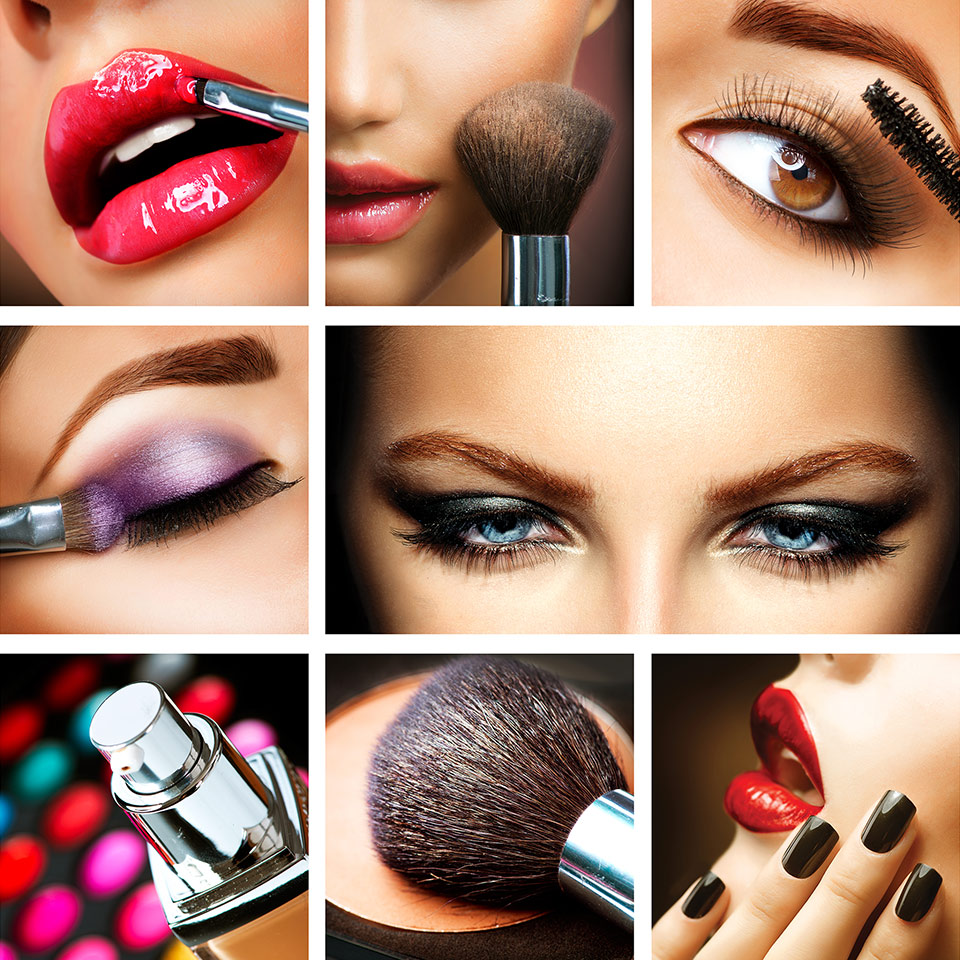
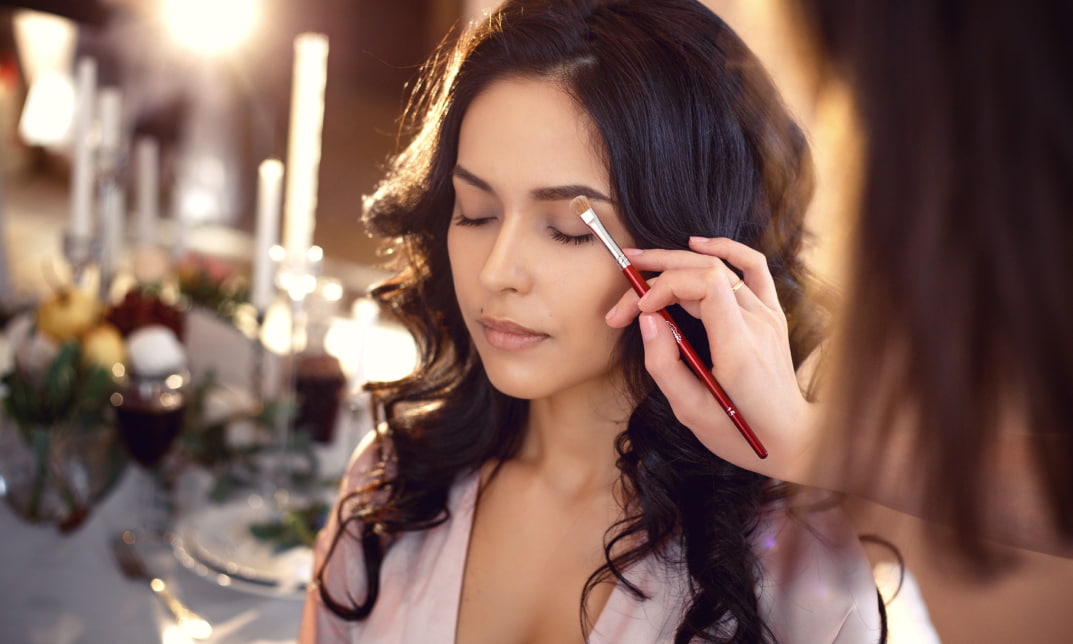
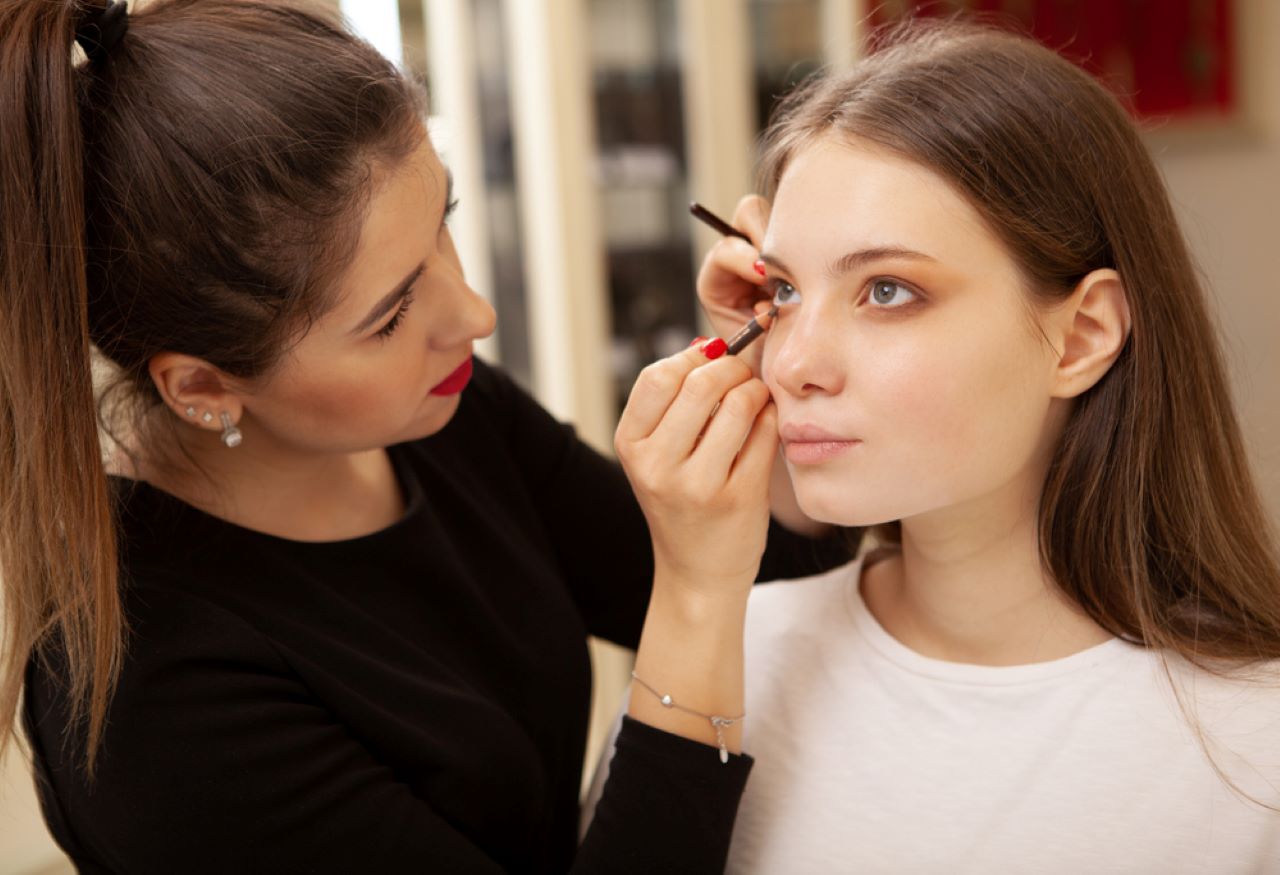
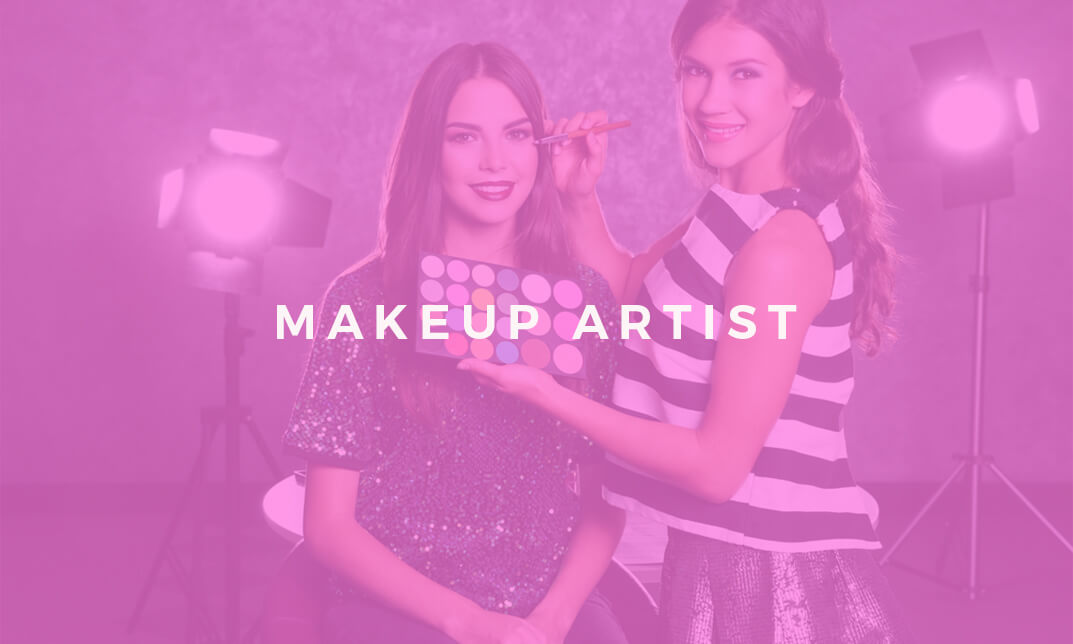


Closure
Thus, we hope this article has provided valuable insights into Navigating the World of Makeup Artistry: A Comprehensive Guide to Course Fees and Considerations. We appreciate your attention to our article. See you in our next article!
You may also like
Recent Posts
- Mastering The Art Of Eye Makeup: A Comprehensive Guide To The Color Wheel
- The Art Of Enhancement: A Comprehensive Guide To Makeup
- The Ultimate Guide To Makeup Bags For Travel: Organization, Style, And Essential Considerations
- A Guide To Makeup At Walmart For Kids: Exploring Options And Considerations
- A Comprehensive Guide To Makeup Brands Beginning With C: From Classic To Cutting-Edge
- The Ultimate Guide To Finding The Perfect Makeup Chair: A Comprehensive Look At Kmart’s Offerings
- Navigating The World Of Makeup For Sensitive Skin: A Guide To Finding The Perfect Fit
- The Ever-Evolving Canvas: Exploring Makeup Designs Through The Decades

Leave a Reply